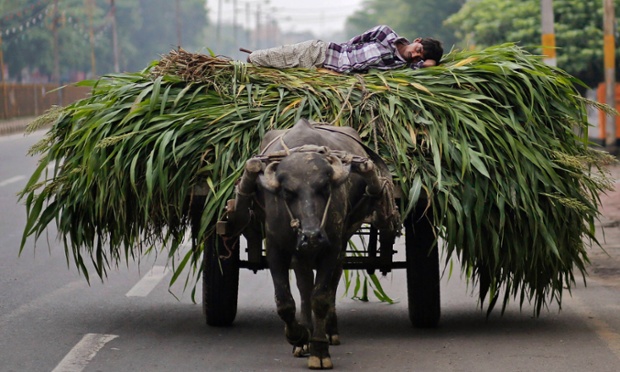
The co-patron of the Gender in Agriculture Partnership, Prof. M.S. Swaminathan shares some lessons he has learned over his long and successful career on scientists’ role in feeding the world.
The research of MS Swaminathan led to India reaching agricultural self-sufficiency in the 1970s. He reflects on scientists’ role in feeding the world
The great Bengal famine of 1943 shaped my career. I was still a student at the University of Kerala when the acute rice shortage resulted in the deaths of 3 million Bengalis. At the time all our young people, myself included, were involved in the freedom struggle [from British imperial rule], which Mohandas Gandhi had intensified, and I decided I would use agricultural research in order to help poor farmers produce more.
My early research as a plant geneticist focused mainly on studying the structure and function (cytogenetics) of potato cells and after developing a frost-resistant variety of potato as a post-doctoral researcher at the University of Wisconsin, I returned to India and turned my attention to rice and wheat.
In 1960s India food insecurity related largely to the large gap between food need and food production. This was partially addressed by importing wheat from the US in such volumes that many experts referred to India as a nation leading a “ship-to-mouth” existence. My research was designed to help small farmers increase their income by increasing productivity per unit of land and water.
Read the full news on The Guardian
